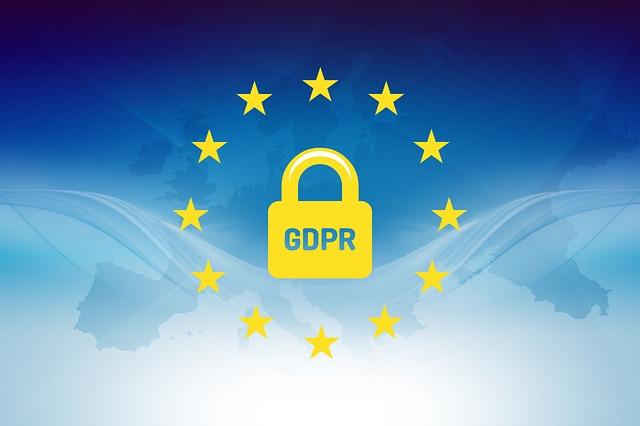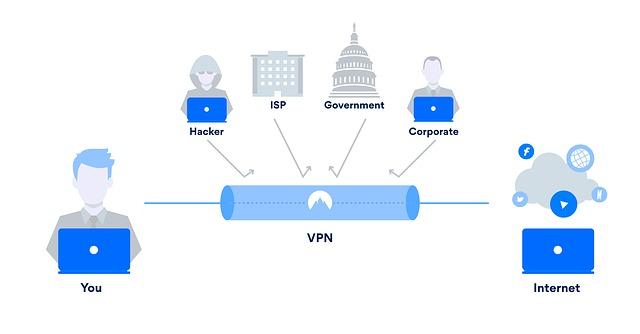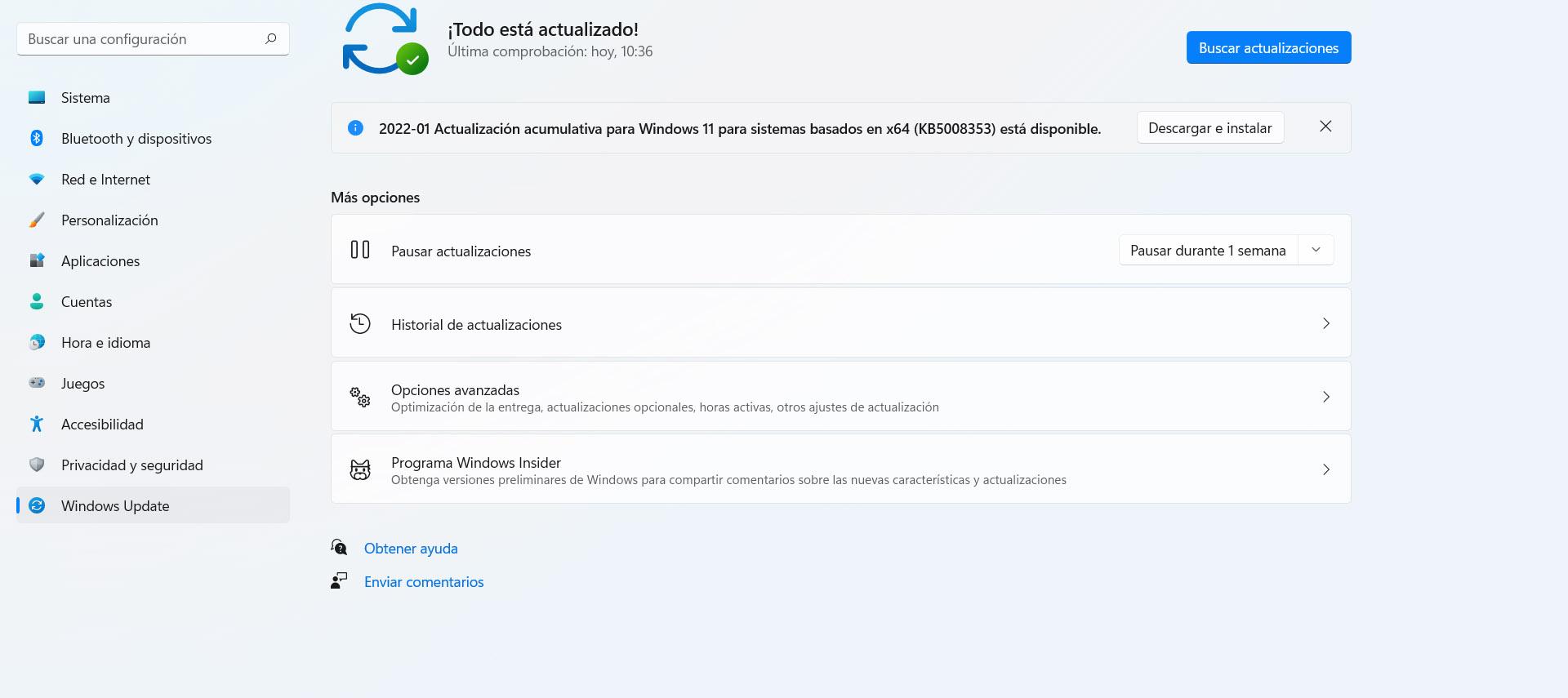
One of the issues that most concerns users who browse the Internet is, without a doubt, privacy. Our feelings about it are due to the fear we have of their collection of our data. In this regard, we have doubts about how current legislation protects us and what large companies and technology platforms do with our data. As consumers, we do not like to lose our anonymity so that business can be done at our expense, for example, by sending us targeted advertising. In this article we are going to see what users think about privacy thanks to a study.
What do you think about privacy?
A report has revealed that consumers or users on privacy have a complex understanding of anonymity and data collection. It is also appreciated that they are open to establishing value exchanges that give brands access to the data necessary to deliver personalized customer experiences that are expected today. For example, they expect to receive something in return for their data. Thus, the 86% of those interviewed indicates that your data is likely to be exchanged for personalized offers based on your interests and browsing or purchasing history.
This study surveyed 2,000 consumers to find out the amount and scope of data consumers are willing to share. They were also asked how they feel about privacy policies and what their expectations would be regarding their data. The study was conducted at the end of 2021 through a survey of people over 18 years of age.
The study revealed that users are increasingly aware of what personal data they are sharing with brands, and that this data is worth more than what they receive. He also added that brands must continue to up their game in customer experiences, and also be strategic about how data drives value for consumers. You may be interested in learning about these services to check who is spying on you on the Internet and maintain your anonymity.
Win-win solution
Currently just over half of users accept cookies as something natural. Nor is it surprising because there are more or less invasive to our privacy. Also, to guarantee our anonymity, on many occasions we have to spend our time configuring its options. One that we are not interested in having is an Adware Tracking Cookie, which is a tracking cookie that is used to obtain information about users’ browsing habits.
On the other hand, within the European Union we have a regulation for data protection that is the GDPR. Without a doubt, it is currently one of the best to protect our privacy, but that does not mean that users do not want to receive something in exchange for their data.
Brands have to look to the future and prioritize the development of strategies, practices and technologies that allow them to establish a voluntary relationship with each user. In this aspect, brands have to work on an exchange of data that benefits both. Thus, the survey found that:
- The 90% of respondents express their willingness to share more data about themselves, if they have a positive experience with a brand.
- The 70% of consumers reported that expect to receive something in return for their data.
Users about privacy need new formulas where they can also obtain advantages. In that regard, brands have to establish a value exchange with consumers in a compatible and privacy-safe way. In addition, they must offer personalized experiences according to the context and preferences of each client.
How to protect your privacy when browsing
The first thing we have to do is keep our equipment updated and with a good antivirus. We do not want them to collect our information when browsing the Internet through keyloggers, Trojans and other types of malware. Simply by downloading an attached file from an e-mail or a web page we can put our computer at risk if we do not have it sufficiently protected.
Many users about privacy think that it is being increasingly violated by companies, ISPs and governments. The form they adopt to protect anonymity is the using a VPN. Thanks to it, it is as if our information traveled protected by a tunnel safe from cybercriminals and other actors. The way it protects information is by encrypting the communications between the VPN server and the client.
You also have to try only give the strictly necessary information either on public networks such as forums or on social networks. Think that one day you may regret it and maybe then delete all the published content will be complicated. On the other hand, a good practice in social networks is to have a private profile so that only those we want can have access.
On the other hand, when we are going to register on a platform or service we must review the privacy policy and its terms and conditions. That will determine the way in which they can later use our data.
Then also the search engine that we use to carry out our searches also influences our privacy. A good idea can be use a search engine oriented to anonymity which makes it easy to private search and block trackers like DuckDuckGo. Finally, we could consider using a privacy oriented browser like Tor or Brave.





